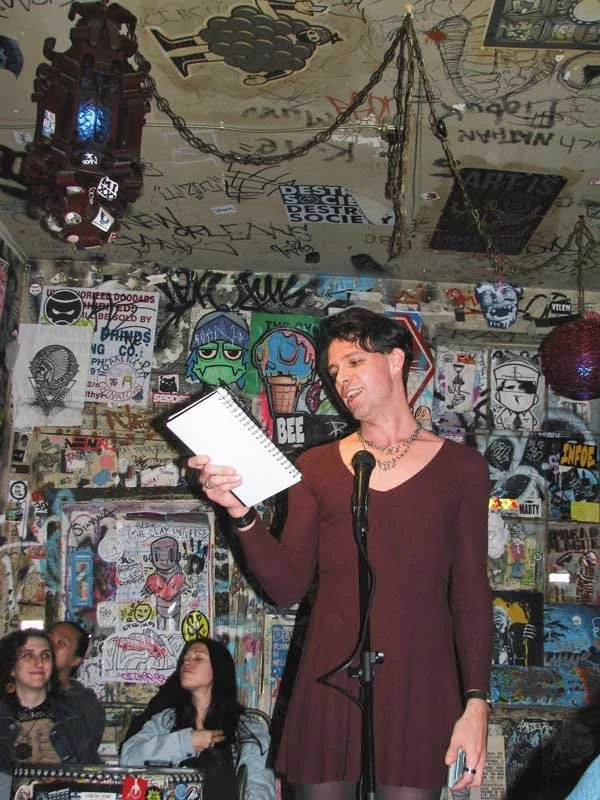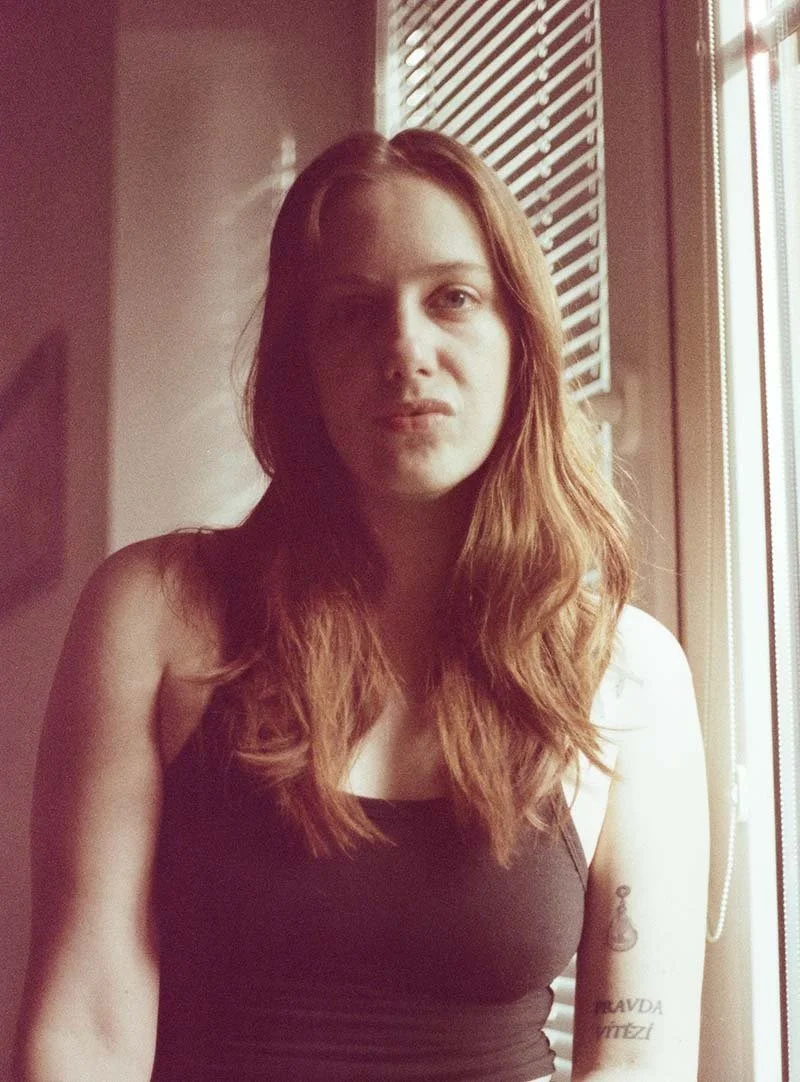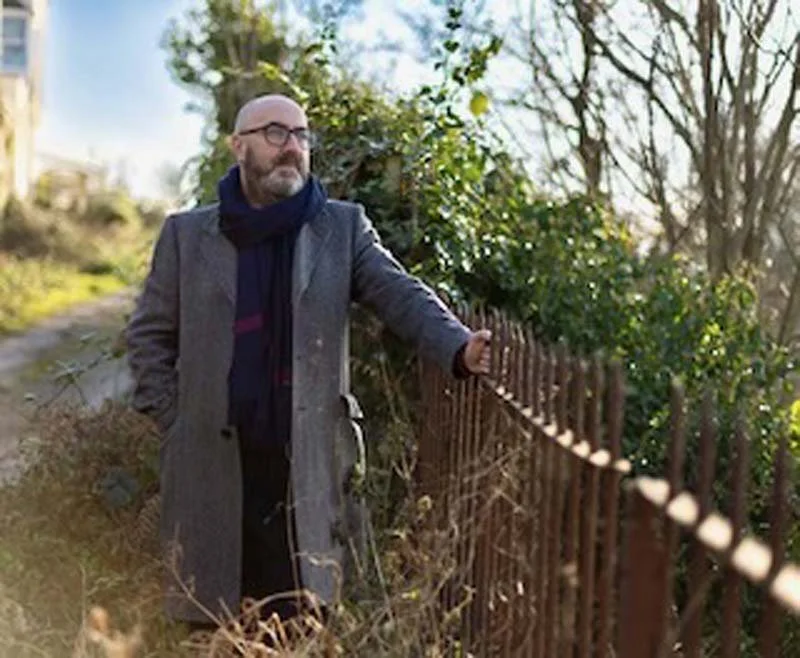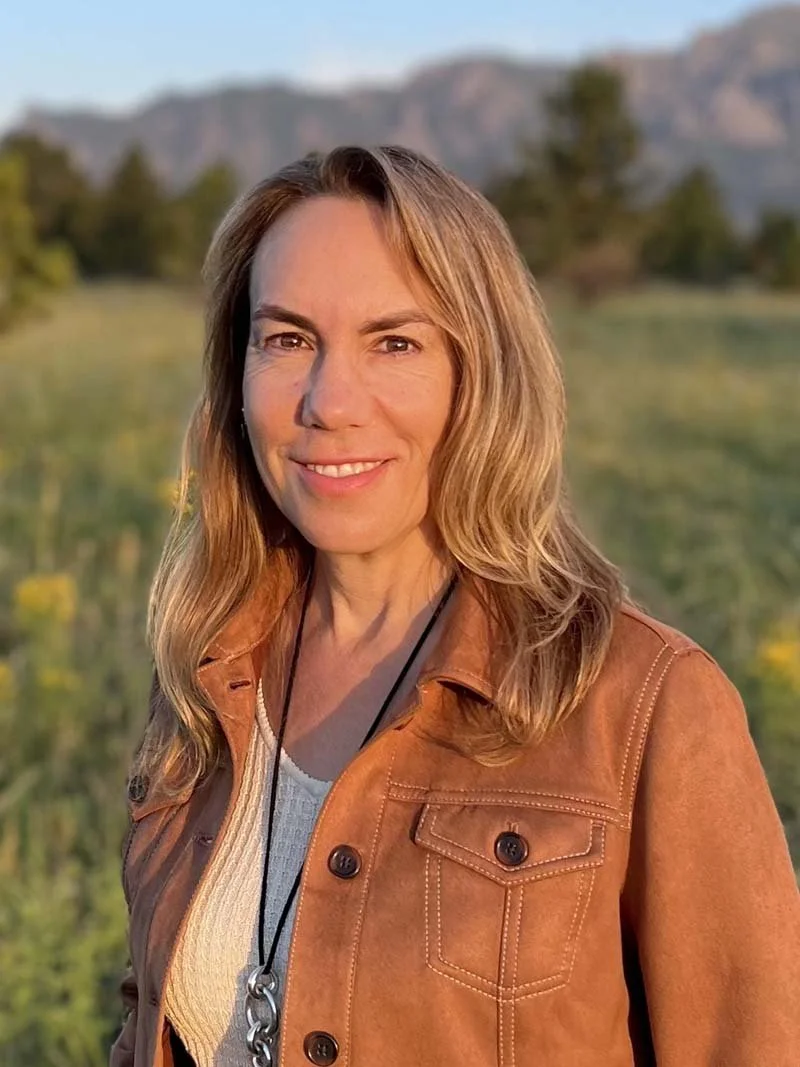On Trusting Improvisation More Than Perfection
/A Conversation with Poet · Composer · Editor · Educator MALIK AMEER CRUMPLER
My creative process always starts with automatic writing or recorded improvisations. I listen back, read over, and then craft those into final projects. By “craft,” I mean revise and find more unique, effective ways of showing details or elaborating stories—building complexity through addition and subtraction. In the case of my current AI collaborations, there’s very little revision. We want to maintain a sense of immediacy and spontaneity. I set time limits for each interaction, prompting the AI until I feel it can begin prompting itself. Then I just conduct the direction of the focal points, encouraging them to go further.
For human collaborations, like my recent project with Bastien Keb, he sent me rough drafts. I wrote poems to them, sometimes recorded improvisations, and then revised my performance to coalesce with the music. If his rough draft didn’t fully express what I imagined, I’d listen to Ravel or Gil Evans & Miles Davis to influence my word choice and delivery. After writing to something like Sketches of Spain or Boléro, I’d return to his drafts and adjust my delivery to sync better with his work. It became a time-traveling process, with all four of those voices—mine, his, Ravel’s, Gil’s—contributing to the generation of words.



















